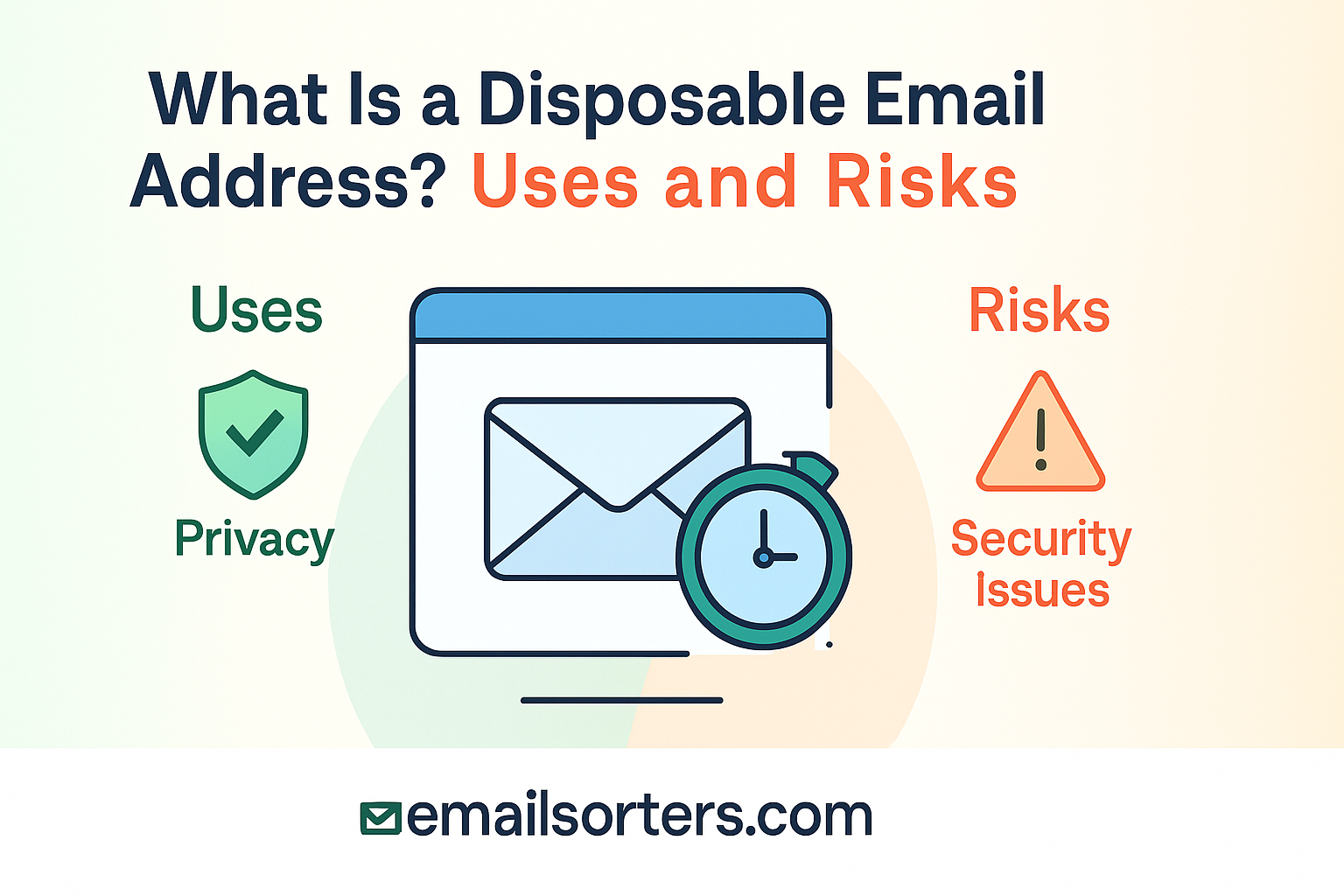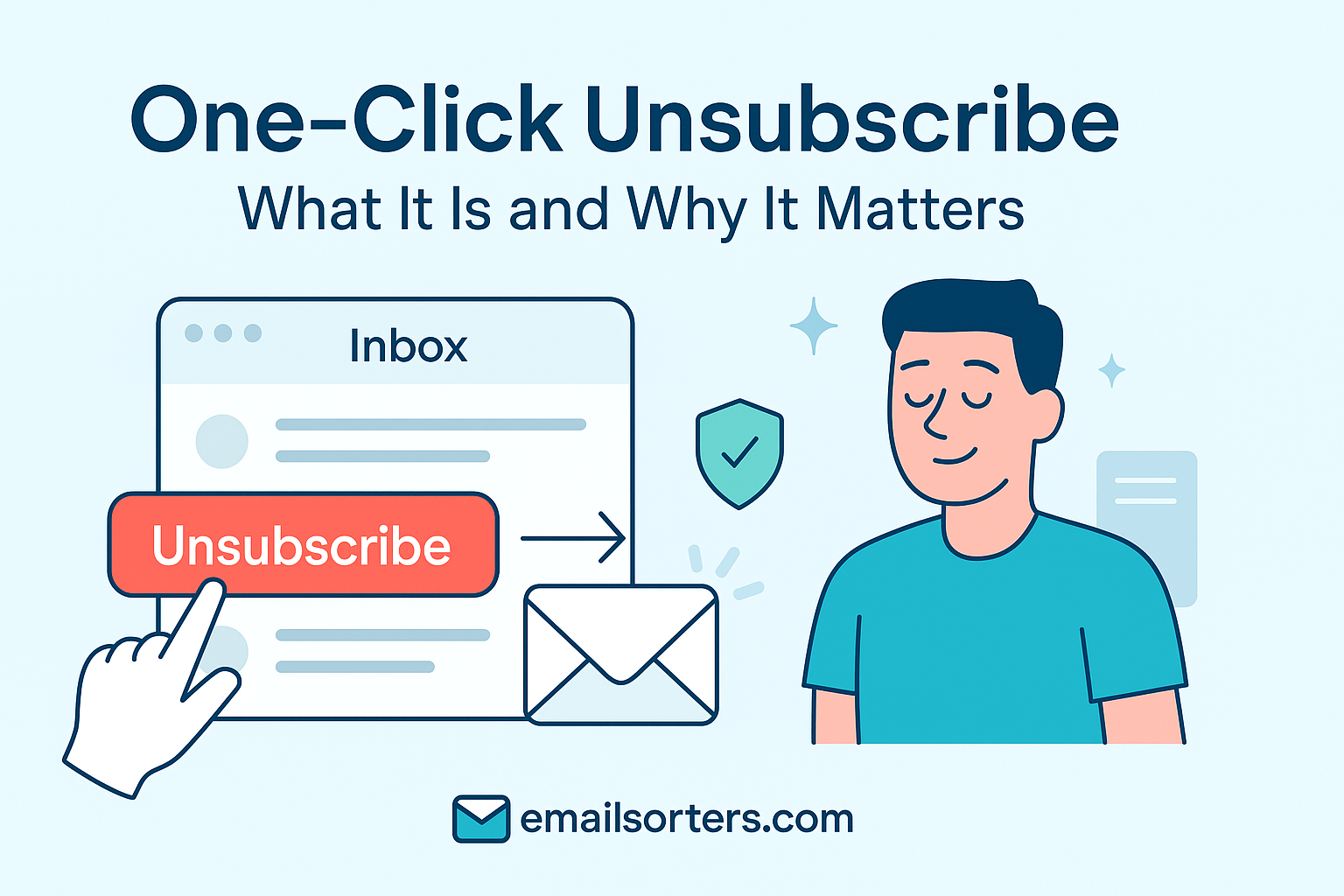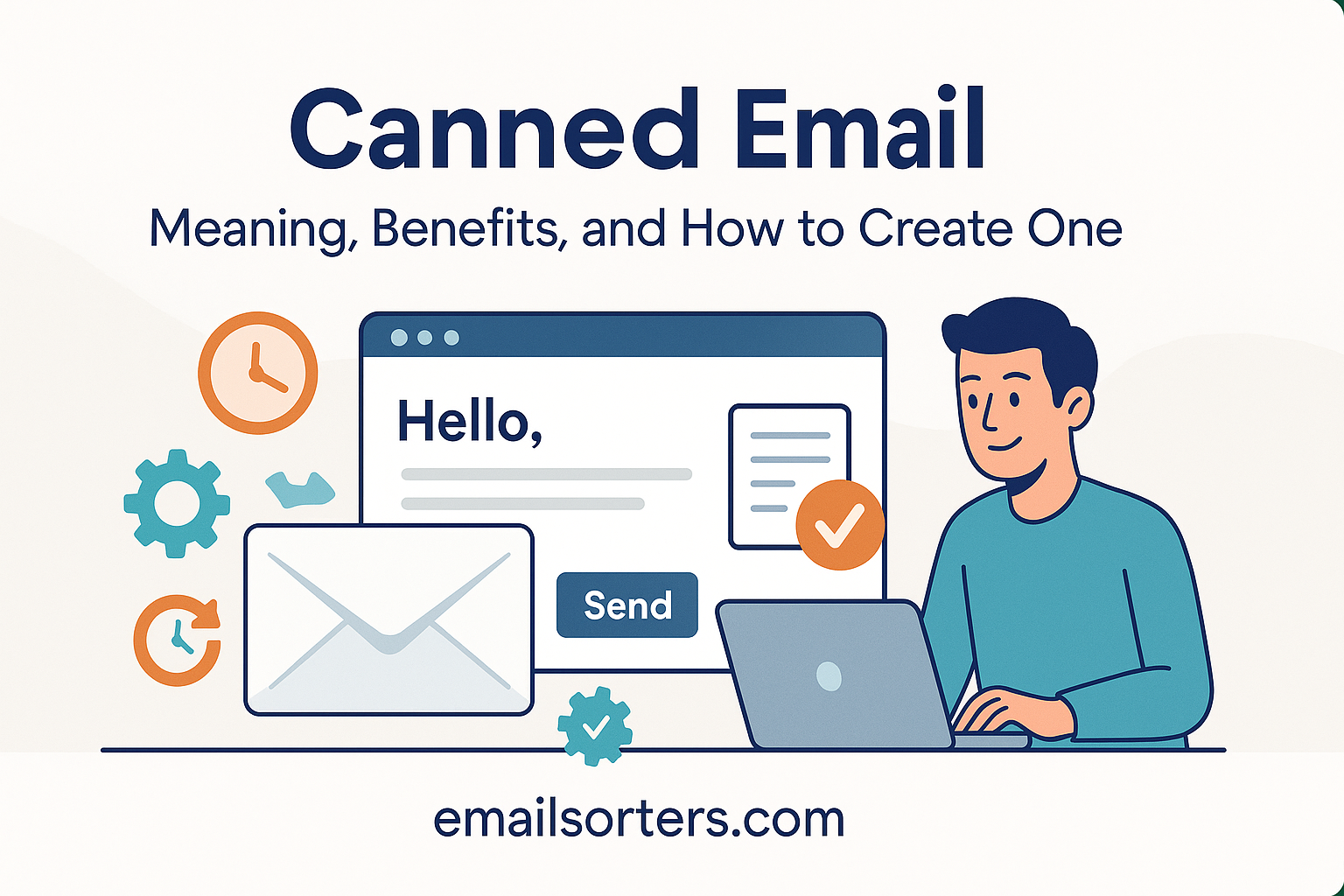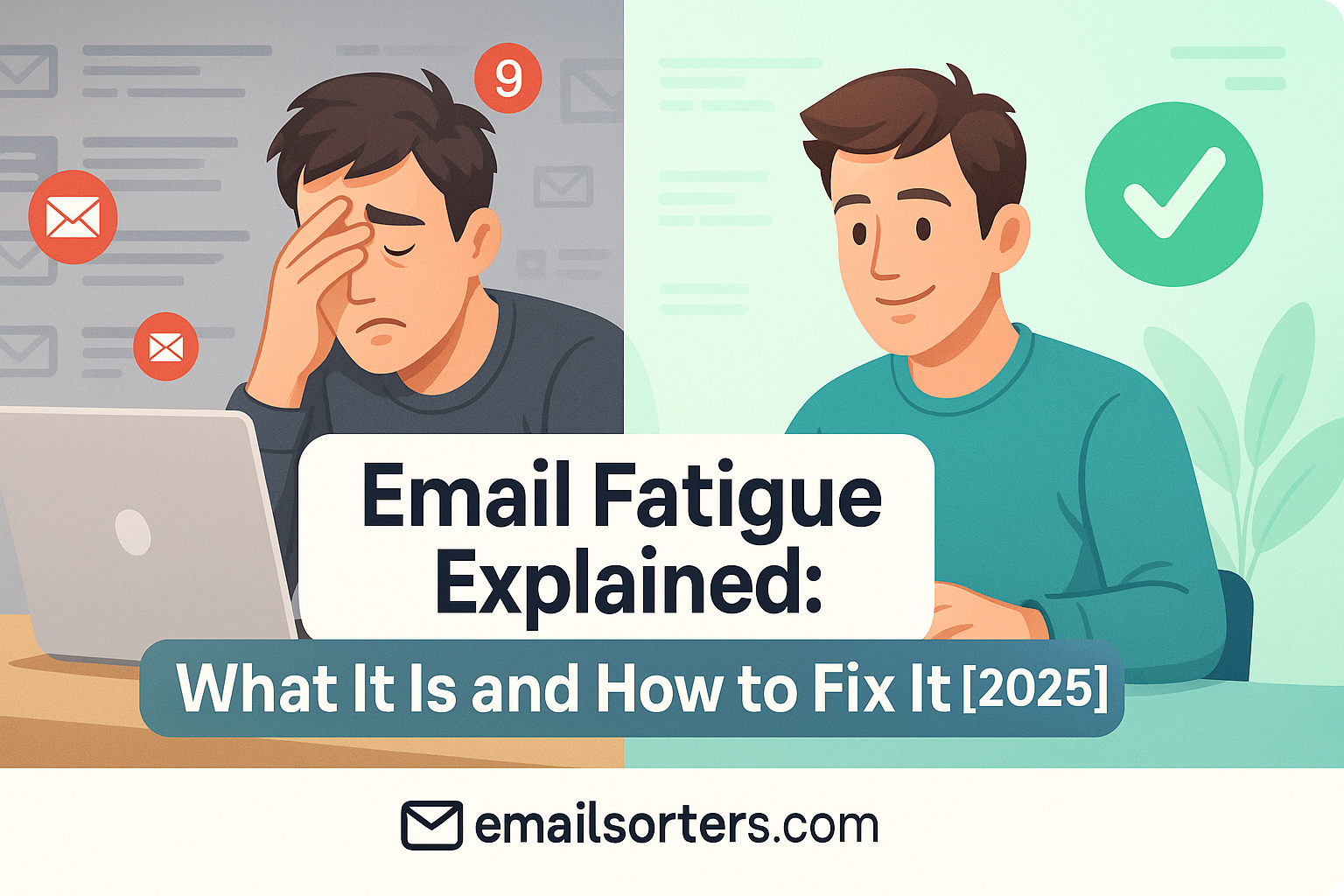A disposable email address might sound sketchy, but it’s actually a useful tool when used for the right reasons.
It’s a temporary email you can use to sign up for websites, access free trials, or avoid spam, without giving away your real inbox. After a short time (or even just one use), the address disappears.
Sounds convenient, right? But it’s not all upside.
In this post, we’ll explain what a disposable email address is, how people use them, and the risks involved—especially when it comes to security, privacy, and account access.
Let’s break down when it’s smart to use one—and when it might backfire.
Why People Use Disposable Email Addresses
Disposable email addresses (DEAs) are temporary inboxes created to receive messages without exposing your primary email account. They are widely used by individuals concerned with privacy, spam, or minimizing unwanted contacts. When signing up for services, newsletters, or online forums that might lead to frequent marketing emails, a DEA lets you stay anonymous and discard the one-time address once its usefulness ends. Unlike your permanent inbox, disposable addresses offer a buffer against data leakage and help reduce clutter—making them ideal for short-term interactions where identity sensitivity or spam concerns are present.
These addresses have become common in 2025 as privacy awareness has surged. With widespread data harvesting and frequent breaches, users now better understand the value of decentralized digital hygiene. DEA providers often emphasize the benefits as being quick to set up, non-permanent, and unlinked to personal identifiers—offering maximum flexibility with minimum risk to digital identity.
How Disposable Email Addresses Work
When you generate a DEA, the provider creates a temporary, randomized email address. Emails sent to that address are forwarded to your real mailbox or accessible via a web endpoint depending on the provider. After a preset expiration time or upon user deletion, the disposable inbox, along with its contents, disappears. Some services even support infinite use–until you decide to destroy them. The key security advantage is that once a DEA is terminated, senders can’t reply, and any subsequent emails get lost—limiting spam and closing off tracking vectors tied to that temporary identity.
Despite their convenience, these systems are not immune to limitations. Emails must be fetched in time before the DEA expires, or they vanish irretrievably. Moreover, while the email itself is disposable, some providers may retain metadata such as IP addresses or timestamps unless they offer full anonymity.
Common Uses of Disposable Email Addresses
DEAs are typically used in the following scenarios:
- Service Sign‑ups – Registering for free trials, newsletters, forums, or gaming platforms without exposing your permanent inbox.
- One-Time Verifications – Receiving a verification email for account creation or password reset, then discarding the address.
- Protecting Against Spam – Using DEAs for public forms or online comments to prevent your real address from being shared or leaked.
- Testing and Development – Software developers and testers use DEAs to test workflows like password resets, transactional emails, or email templates.
Because they are cheap, fast, and disposable, DEAs are especially useful for brief interactions with minimal security requirements. However, users must not treat them as replacements for secure, long-term addresses when sensitive communication is involved.
Benefits of Using Disposable Email Addresses
DEAs offer several clear advantages:
- Privacy Protection: Your main mailbox stays hidden—no linkages, no reliance on advertiser data.
- Spam Reduction: Once the DEA expires, no further emails can reach you.
- Identity Separation: Keep your work, personal, and transactional emails compartmentalized.
- Ease of Use: Most DEA services require no sign-up—just generate and use.
- Time‑Limited Utility: Useful for self-contained interactions with no lingering consequences.
For example, a journalist or activist using proton mail might generate a DEA for testing a public login or subscribing to a political newsletter without risking exposure via their secure personal address. This complements a privacy-first approach, aligning with best practices around secure communication.
Risks and Downsides of Disposable Email Addresses
Security and Reliability Risks
Disposability comes with trade-offs. If recipients are unable to access an email before it expires, you lose important information—especially critical if the email contains a password link or verification code. Furthermore, some verification systems may block DEAs, either completely or by marking them as potential sources of fraud. DEA addresses offer limited support for multi-factor authentication, increasing the risk of service lockout.
Since many disposable services are free and have minimal infrastructure, there is a risk of intermittent delivery failures. Your DEA might silently drop messages or miss important notices such as billing invoices, event invitations, or legal communications.
Privacy and Anonymity Concerns
While DEAs let you mask your identity, many providers still log metadata, including IP addresses and usage timestamps. Some trackers can correlate patterns even when the email ID itself is gone. If you require deeper privacy, consider using it in combination with tools like VPNs, private browsing, or privacy-first email services.
Additionally, DEAs are often public by default. If easily guessable (such as randomgenerate@xyzmail.com), anyone can check or hijack the temporary inbox. Always choose reputable services that obscure access via unguessable IDs or tokenized web pages.
Potential Misuse and Ethical Issues
Because DEAs allow near-anonymous communication, they can be misused. For instance, spammers may use them to bypass bulk email protections. Some platforms have safeguards against DEAs—especially for voting, commenting, or multi-step processes—leading to account creation limitations.
Platforms creating Disposable Email trends cite a rise in minor abuse where DEAs shield derisive comments or shield bots in online forums. Ethical users should avoid using DEAs to evade legitimate constraints or conduct malfeasance.
DEA vs Email Alias or Noreply Email
Disposable addresses differ fundamentally from email aliases. While aliases link to your main inbox and can be tagged or filtered, they’re permanent and customizable—for example, yourname+netflix@domain.com. Aliases are searchable, user-controlled, and provide better organization. In contrast, DEAs are temporary and often not connected to your core email service.
Similarly, noreply email addresses serve different purposes: brands or systems send email from noreply@domain.com to indicate they are not monitored. DEAs are opposite in function—used to receive messages without linking the sender to a long-term mailbox.
Both strategies (alias and noreply use) have different suits—aliases for organization, DEAs for disposal, IOUs for brand communication—with varied implications.
When You Should and Shouldn’t Use a DEA
DEAs are ideal for low-stakes, time-limited interactions like trial sign-ups or public form submissions. They help preserve your email hygiene and privacy when dealing with unknown or potentially spammy sources.
Conversely, for password resets, banking, healthcare, or legal correspondence, DEAs pose problems. You might lose access to critical notifications, violate service terms, or end up locked out of services requiring email validation. Use structured, long-lasting addresses—including aliases—when permanence, reliability, or auditing is needed. Platforms often validate ownership via Verification Email, so using a trusted address ensures continuity.
How to Use Disposable Email Addresses Correctly
If you decide a DEA is right for a given situation, set it up thoughtfully. Define the expected lifespan—whether short-lived or floating for weeks. Use a reputable provider with public policies on anonymity and data handling. Create secure, unique passwords where the service requires sign-in. Use them through anonymous browsers once the address is issued.
After use, delete or expire the address. Log which services are linked, and consider replacing or turning off functionality as your needs change. Clean the inbox of personal or sensitive data before it’s gone, and ensure your main mailbox remains uncluttered.
Choosing the Right Disposable Email Provider
Providers vary in features and commitment to privacy. Free, public services like Mailinator or 10minutemail may suit quick tasks but often lack encryption and professional data handling. Paid or open-source options offer stronger protections, API support, and no logging policies. Consider the provider’s terms of service and audit compliance. Combine them with secure access methods and best practices for optimal results.
DEA in Work and Professional Context
In professional settings, DEAs can pose compliance risks—some industries have audit and retention mandates, and third-party verifier systems may flag them. Businesses might opt for internal aliases or brand-safe temporary addresses. For example, customer-facing support roles should avoid DEAs and use controlled aliases tied to domains with compliance assurances.
Disposable addresses in a professional environment should be used with care and under policy guidance, especially when GDPR, HIPAA, or other privacy rules apply.
Conclusion
Disposable email addresses offer a convenient, flexible tool for protecting privacy, minimizing spam, and compartmentalizing online activity. They are quick to deploy, cheap or free, and helpful for one-time interactions. But they also carry significant limitations: potential loss of access, reliance on provider trust, and unsuitable for important or long-term communications.
Understanding when and how to use a DEA—alongside email aliases, secure email services like Proton Mail, and robust verification processes—can help individuals and professionals strike a balance between convenience and responsibility. Disposable email teaches us that email hygiene is still evolving—and with care, these tools can be allies in a cleaner, safer digital life.
Frequently Asked Questions
1. Is a disposable email totally anonymous?
Not entirely. Most services still store metadata like IP address, timestamps, or geolocation. Consider using it with privacy tools (like VPNs) or choose providers with transparent, no-logging policies.
2. Can I receive verification emails to the DEA?
Yes, most DEAs accept verification or password reset emails. But risk of expiration or delivery failure makes them unsuitable for permanent accounts.
3. Can DEAs prevent phishing or spoofing?
They reduce exposure but don’t eliminate risk. Email Spoofing attacks can reach any address—always verify senders and use provider-side detection in tandem.
4. Are disposable emails legal?
Yes—but misuse is not. Laws prohibit fraud, harassment, or circumventing policy. Ethical users avoid malicious activities; platforms may block or penalize suspicious addresses.
5. Should a business allow DEAs for sign-ups?
That depends on goals. If avoiding low-quality or fake accounts is critical, requiring verified emails makes sense. Alternatively, support aliases or domain-specific provisions for privacy-conscious users.




